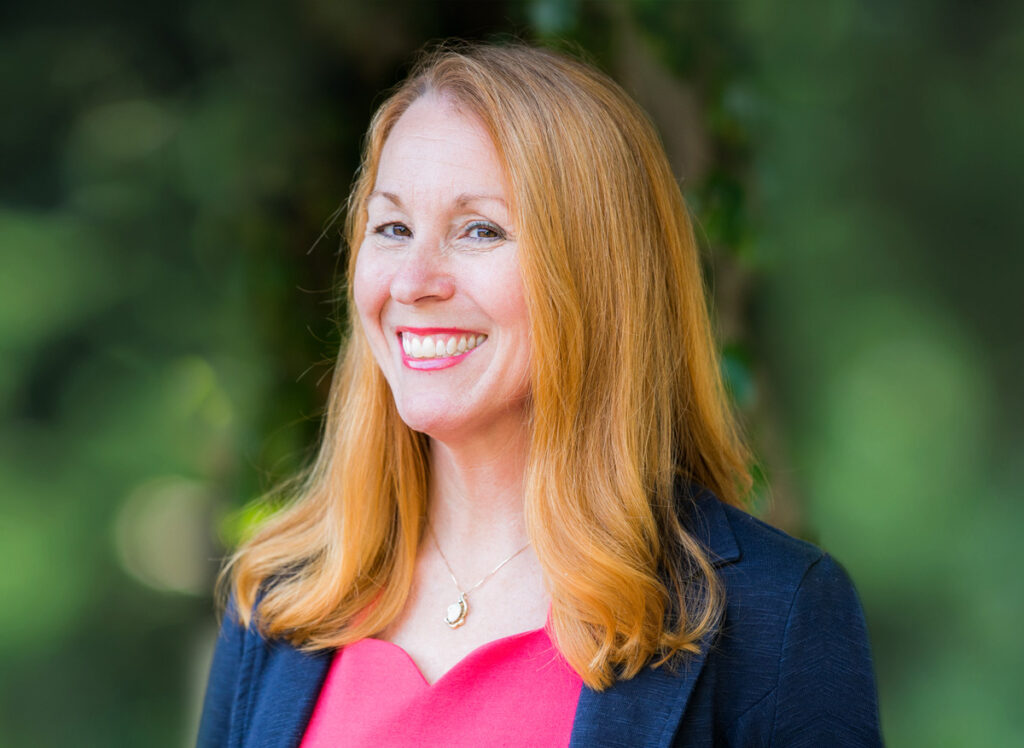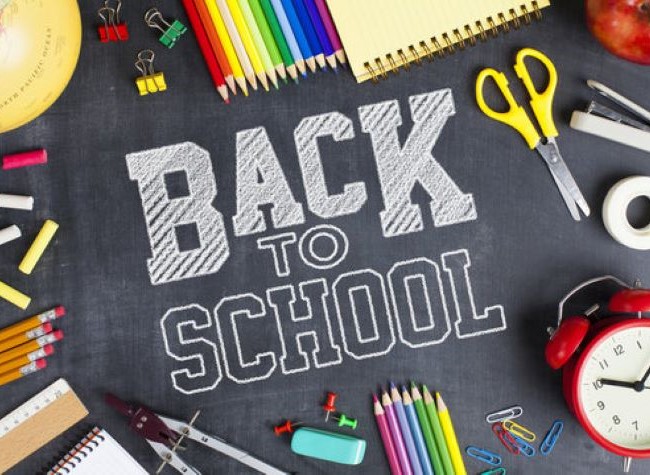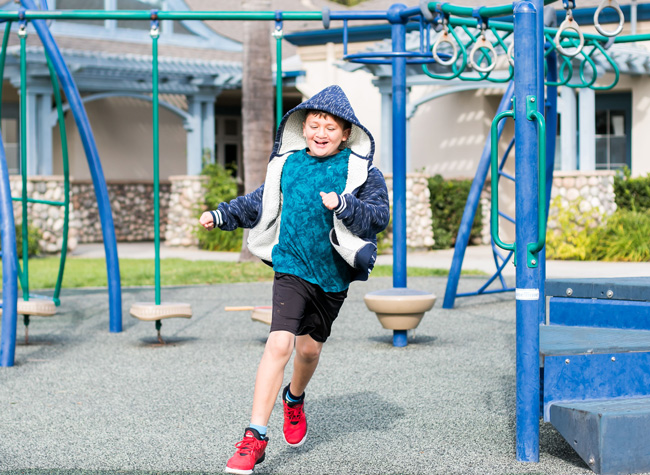Job & Career
In this section, you will find a variety of resources and services that are designed to assist teens and young adults with locating vocational/trade schools, career counseling, and and job readiness training in San Diego County.
Search and Filter
Use the tools below to find the job & career resources that fit your unique set of needs.
Learn More About Our IDEA Committee’s Initiatives and The Holidays This Season
Winter Holidays
San Diego Center for Children’s Inclusion, Diversity, Equity, and Action (IDEA) Committee has been working to compile a list of official holidays. These holidays will be officially recognized by the Center to create a more inclusive environment for its staff and clientele. Let’s learn more about some of the holidays this December!
Christmas
Christmas takes place on December 25th every year and celebrates the birth of Jesus Christ. Christmas was originally a Christian holiday but is not celebrated widely across the United States.
Hanukkah
Hanukkah, or Chanukah, is an 8-day Jewish celebration that often includes getting together with family and friends, eating traditional food, lighting the menorah, playing games, and exchanging gifts. Hanukkah celebrates the victory of the Maccabees over the Syrian Greeks and the miracle of the oil in the temple. It also commemorates the rededication of the Second Temple in Jerusalem. This year Hanukkah will take place starting at sunset on Thursday, December 7 and ending at nightfall on Friday, December 15.
Kwanzaa
Kwanzaa takes place from December 26 – January 1. On the sixth day, people get together for Karamu or a communal feast. Kwanzaa is observed by African Americans and parts of the African diaspora. It celebrates African American cultural heritage and traditional values. The holiday was started by Maulana Karenga, an American activist and author, who wanted to commemorate African harvest festival traditions from various parts of West and Southeast Africa.
New Years
New Years marks the beginning of the new calendar year and time when the calendar’s year count increases by an increment of one. Although most people celebrate New Year’s Eve on December 31st and New Year’s Day on January 1st, New Years is celebrated at different times of the year all around the world. For example, Rosh Hashanah (Jewish New Year) took place this past October and Diwali (Hindu lunar celebration) happened just a few weeks ago. Lunar New Year is even coming up on January 29, 2025!
Holiday Dialectics: Happy Holidays and Stress Greetings!
By Christina Grice, Ph.D.
What the heck is a dialectic? In Dialectical Behavior Therapy (DBT)1 the youth and families in San Diego Center for Children IOP learn that a dialectic is two seemingly opposing things can both be true. Let me explain using the holidays. In the media, through holiday songs, and Instagram pictures of families in matching pajamas, we are inundated with messages that during the holidays we should be experiencing joy, warmth, and merry times. Yet, 88% of U.S. citizens feel the holidays are the most stressful time of year.2 How can this be? A dialectical stance would be to understand that both may be true. During the holidays we may experience joy and stress and potentially several other emotions. Allowing ourselves to have a range of reactions to the holidays is a good first step to helping build self-awareness, regulate our emotions, and practice self-validation. If we allow a range of experiences, we can figure out our own wants and needs during this holiday season.
For many people this time of year can bring out loneliness, stress, and anxiety and that is okay! You are not alone.
Risk factors for holiday blues/stress:
- Difficult family dynamics
- Separation from family
- Alternatively, spending time with people who may have hurt you
- Missing traditions at home
- Unrealistic expectations for holiday merriment
- Loss of a loved one
- Thinking about the end of the year and how expectations of where they would be may have not come true
- Health concerns
Regardless of your situation, the holidays can be a time where we practice mindfulness (being aware of the present moment) and making skillful choices
Practical suggestions:
- Allow yourself and others to experience mixed emotions- many people feel positive and uncomfortable feelings during the holidays.
- Youth with mental health concerns may have fun and continue to feel depressed or struggle with another mental health concern at the same time
- Practice self-care during the holidays – schedule enjoyable activities for yourself, self soothe with the senses: taste (a favorite holiday treat in moderation), touch (soft blanket), hear (music you enjoy), smell (candle), sight (take a nature walk), movement (stretch/yoga)
- Community care is when you lean on and support your community. When feeling lonely, try an opposite action of doing for others, volunteer, practice acts of gratitude
- Help youth find emotional balance- recognize true feelings and allow time and space for them to feel sadness, anger, grief, etc. Maybe cry or listen to sad music or write/draw feelings/pain. Know when to sit with and experience emotions and when to focus on something else. It is a balancing act.
- When doing activities with others- focus on the activity and be mindful, which means try to stay in the present moment. When being social, it may help to focus on others and the situation rather than get stuck in our own thoughts.
- Make a cope ahead plan for family triggers and holiday-blues. What can you do when the stressful situation occurs? Can you use a coping skill? Who are people you can reach out to for help and support? Do you need to make a plan to leave the situation if needed?
- Observe your boundaries. It is okay to say no. Practice makes perfect. Learn what feels okay to you.
- Reflect on the spiritual aspects of the holidays- this could be religious beliefs but does not have to be. What are the spiritual elements or values of the holidays that are meaningful? How can you find peace and strength in the bigger meaning?
- Make new traditions, do something creative, sing, dance, play an instrument, write a letter to yourself, make a decoration.
- Create a new ritual to honor loved and lost ancestors
- Get into nature, practice mindfulness with the 5 senses in nature, do a mindful nature walk
- Plan ahead regarding therapy and medication appointments. Call 988 if you need-in-the-moment mental health support
- Heard, H. L., & Linehan, M. M. (1994). Dialectical behavior therapy: An integrative approach to the treatment of borderline personality disorder. Journal of Psychotherapy Integration, 4(1), 55–82. https://doi.org/10.1037/h0101147
- https://www.studyfinds.org/jingle-bell-crock-88-of-americans-feel-the-holiday-season-is-most-stressful-time-of-year/
Thankful Hearts and Minds: The History of Thanksgiving, Fall Activities for Kids and Adults, Food Resources, and More!
Thanksgiving is the time of the year when we give thanks! We want to extend our heartfelt gratitude to all of our staff members for all the great work they do and to YOU for giving us the opportunity to serve you and your family.
The San Diego Center for Children will be closed on Thursday, November 28th and Friday, November 29th in observance of Thanksgiving. Please contact your therapist if your child has an appointment either of these days OR if you will be out of town during this time. If you want to learn more about the history of Thanksgiving, fun activities in San Diego, or food resources, please check out the information below!
History
The very first Thanksgiving was celebrated between English settlers and Native Americans In 1621. However, it wasn’t until two centuries later that Thanksgiving was declared a national holiday by President Abraham Lincoln. Many Americans believe Thanksgiving is controversial because of its history of violence and oppression. The day after Thanksgiving, therefore, has been named Native American Heritage Day.
The day after Thanksgiving is Black Friday. Black Friday marks the beginning of the Christmas shopping season in the United States. Most stores open early on this day and offer sales and discounted items. Family Wellness Center (FWC) will be closed on both of these days, so please plan accordingly.
Activities
Fun activities for you and your family this November: https://www.sandiego.org/articles/top-monthly-events/november.aspx
Resources
Feeding San Diego: Feeding San Diego – Home
San Diego Food Bank: San Diego Food Bank
Too Good To Go: Too Good To Go | Save Good Food From Going To Waste
Flashfood: Flashfood | The app for grocery’s best kept deals
ShareTheMeal: Feed people in need | ShareTheMeal | Charity donate
Leadership Update: San Diego Center for Children appoints Cheryl Rode, Ph.D. as Interim President & CEO
The Board of Trustees of the San Diego Center for Children announces the resignation of Tara Beckman, LCSW, as President & CEO. Cheryl Rode, Ph.D., has been appointed as Interim President & CEO. The Board appreciates Ms. Beckman’s contributions during her tenure and looks forward to the valuable experience and knowledge that Dr. Rode will bring to this new role.
Dr. Rode has been Vice President of Clinical Operations at San Diego Center for Children since 2010 as has been instrumental with the implementation and expansion of several critical programs within the Center’s continuum of mental health care services.
“We are grateful for Dr. Rode’s willingness to step into this role, and we know that the Center will be in excellent hands with her and our experienced senior leadership team navigating this transition and moving forward,” says Ann Garland, Ph.D., Chair of the Board of Trustees for San Diego Center for Children.
Dr. Rode completed her doctorate in Clinical Psychology at West Virginia University, where she specialized in working with children, teens, and families. She completed her clinical internship training at the UCSD Department of Psychiatry – Veterans Administration Medical Center Consortium; and her postdoctoral fellowship at UCSD and (Rady’s) Children’s Hospital of San Diego. Dr. Rode spent the next 12 years as a member of the Psychology Service at Sharp Mesa Vista Hospital as staff psychologist for the child and adolescent programs, and as the Assistant Training Director of Sharp’s APA accredited psychology internship and fellowship programs.
5 Factors Linked to Lower Suicide Risk Among Teenagers
By Rylee Wilson
Exercise, sleep and support from adults are associated with lower likelihood of poor mental health and suicide risk among high school students, the CDC found.
The agency published its study Oct. 8 based on results from the 2023 youth risk behavior survey. The survey includes more than 20,000 students in grades 9-12 from all 50 states.
In 2023, around 40% of students reported persistent feelings of sadness and hopelessness, 29% experienced poor mental health, 20% seriously considered attempting suicide and 10% reported attempting suicide.
CDC researchers identified five protective factors associated with lower risk of poor mental health or suicide risk:
- Students that were physically active for one hour for five or more days a week had a lower prevalence of persistent feelings of sadness or hopelessness.
- Getting eight or more hours a sleep a night was associated with a lower prevalence of all mental health and suicide risk indicators.
- Students that reported high parental monitoring had a lower prevalence of most mental health and suicide risk indicators, except for poor mental health.
- Students that reported high levels of connectedness at school had a lower incidence of all risk factors.
- Playing on at least one sports team was associated with a lower risk of most risk indicators, except for attempted suicide.
Read the full report here.
Spooktacular Celebrations: The Origins of Halloween, Fun Activities for the Whole Family, Trick-or-Treating Safety Tips, and More!
It’s almost Halloween again and you know what that means! Spooky costumes, loads of candy, pumpkin carving, and more! Whether you’re most excited about getting your annual pumpkin spice latte, taking Instagrams pics at your local pumpkin patch, or dressing up as one of your favorite characters, Halloween is a fun time for everyone. We’ve provided some information below on safety tips for those of you who plan to go trick-or-treating, a brief history of Halloween to get you in a spooky mood, and activities you can enjoy all month long.
History
Around 2000 years ago, the Celtic peoples observed the first Halloween in Europe. The holiday was originally observed to celebrate the harvest season and the beginning of the new year. Many of the traditions that we associate with Halloween today come from the customs and superstitions of our ancestors, such as jack-o’-lanterns which came from the Irish immigrants who originally carved them out of turnips, potatoes, and beets. Today over 179 million Americans celebrate Halloween and spend over $9.1 billion on Halloween per year. That’s a lot of money! Unfortunately, Halloween is still not a federal holiday and most businesses are still open including SDCC.
To learn more, go to https://www.history.com/topics/halloween/history-of-halloween.
Safety Tips
Your child’s safety is our top priority! Here are some tips to make sure you and your child stay safe this Halloween: https://www.safekids.org/tip/halloween-safety-tips
Activities
Fun activities for you and your family this October: https://www.sandiego.org/articles/top-monthly-events/october.aspx
How to Manage Your Child’s Mental Health During Back-to-School Season
It’s almost that time of year again! The start of the new school year is just around the corner and what better way to prepare than reading an article about how to manage you and your child’s mental health.
Back-to-school is a stressful time for anyone but especially for kids who struggle with mental health challenges, so we asked some of our therapists for advice. One of our therapists urged kids to remember that school is not just about grades, but also about building other important life skills like communication, critical thinking, and time management. It’s important to not be too hard on yourself and take breaks. Don’t be afraid to ask for help! Some of our other therapists also recommended practicing mindfulness or breathing exercises to help reduce stress and anxiety, such as the 5-4-3-2-1 or Smell the Rose, Blow out the Candle techniques.
If your child has behavioral health challenges that have significantly impacted their school performance, please contact The Academy at (858) 569-2131 or visit The Academy Special Education | Autism | Emotional Disabilities | Specific Learning Disabilities | Speech and Language Impairment | Traumatic Brain Injury (centerforchildren.org).
Search and Filter
Use the tools below to find the job & career resources that fit your unique set of needs.
The resources and services in this directory are provided by external partners and not by San Diego Center for Children.
Agency Inclusion
If you would like to have your agency listed in our Successful Transitions© Resource Center or to update your agency’s information, please send
us an email.
Disclaimer
We do not endorse any specific organization listed nor are we responsible for ensuring the quality of the services listed. Users should always select services at their own discretion. Additionally, this information is subject to change as funding for programs can shift over time, though we do our very best to keep the resource center as up-to-date as possible.











